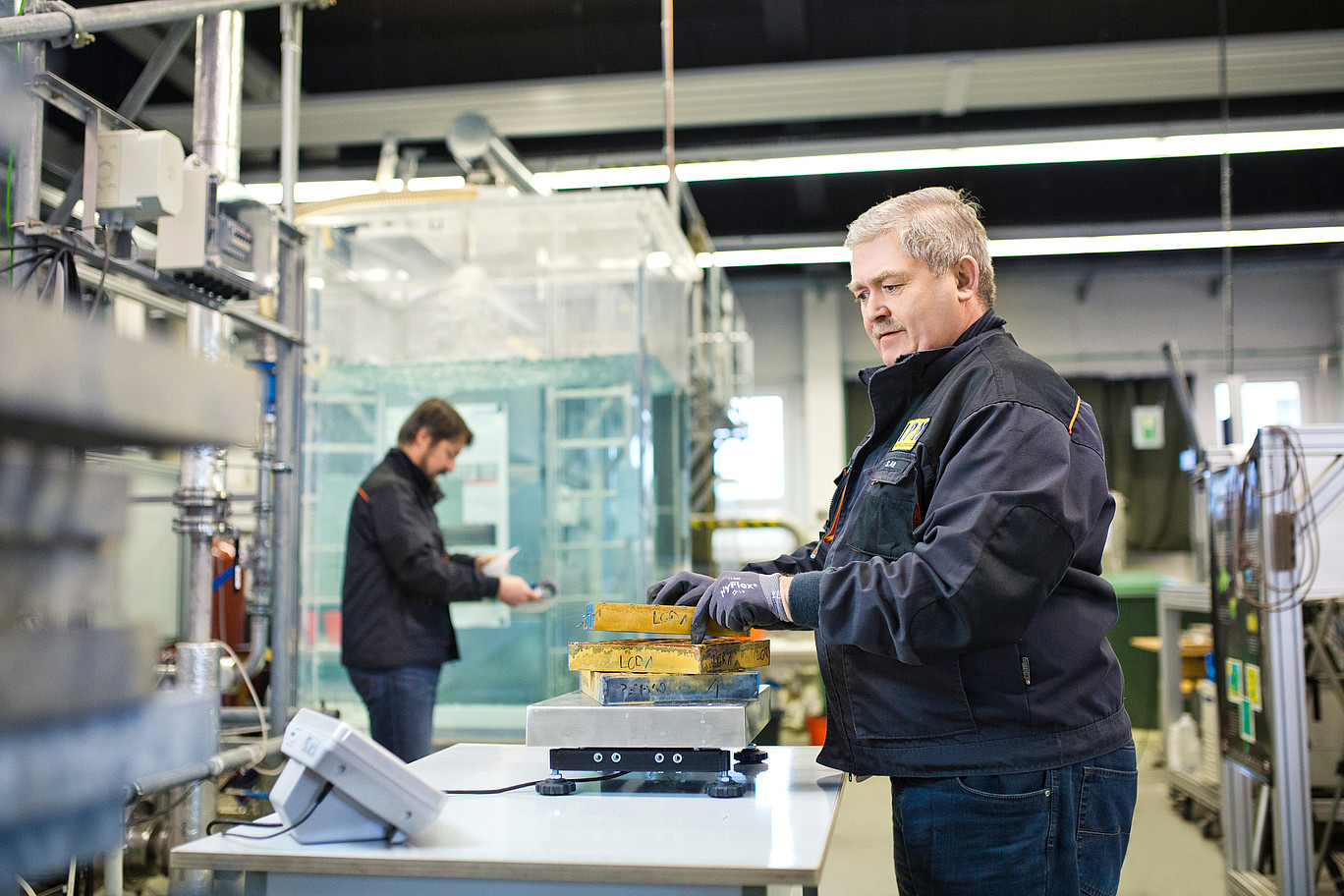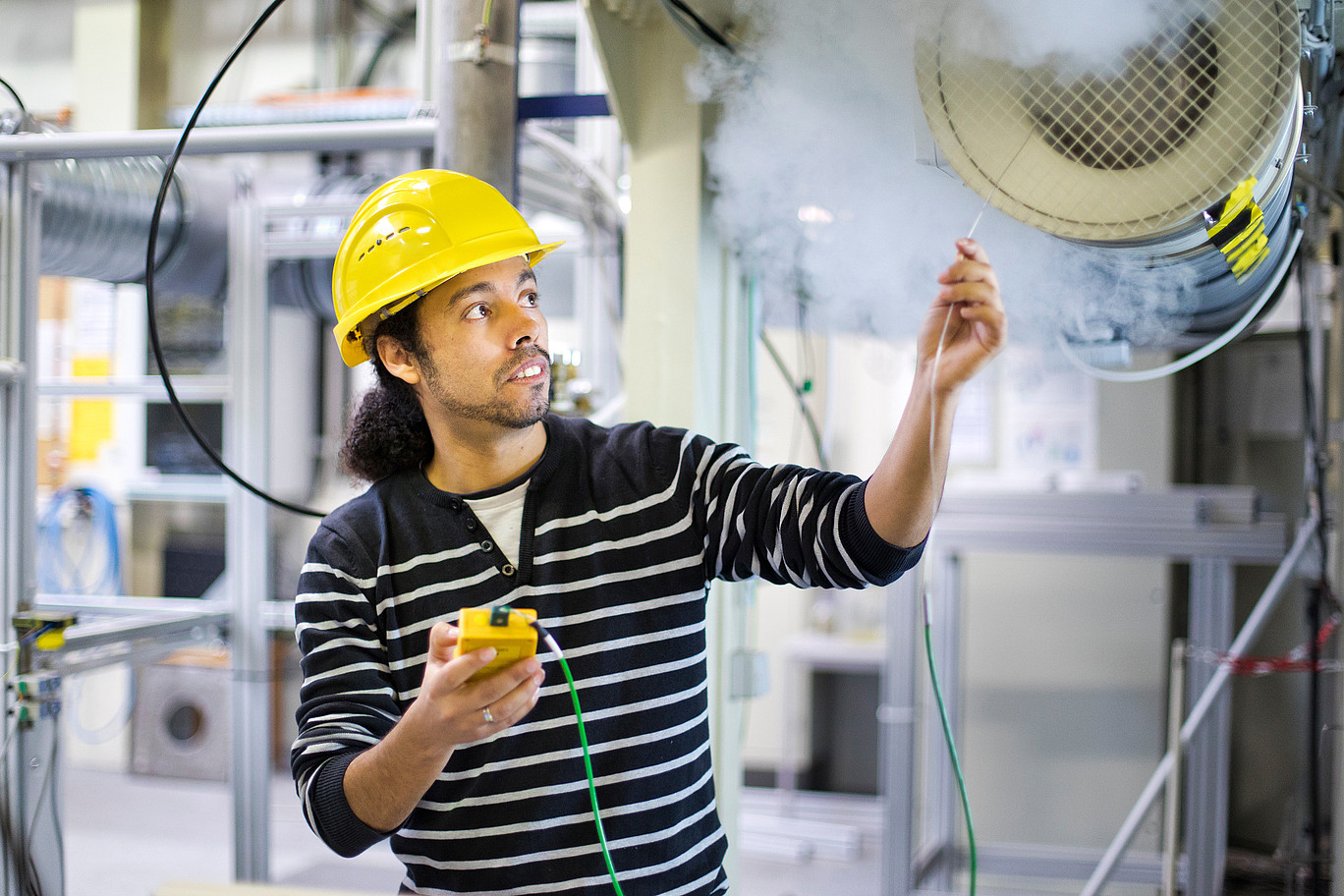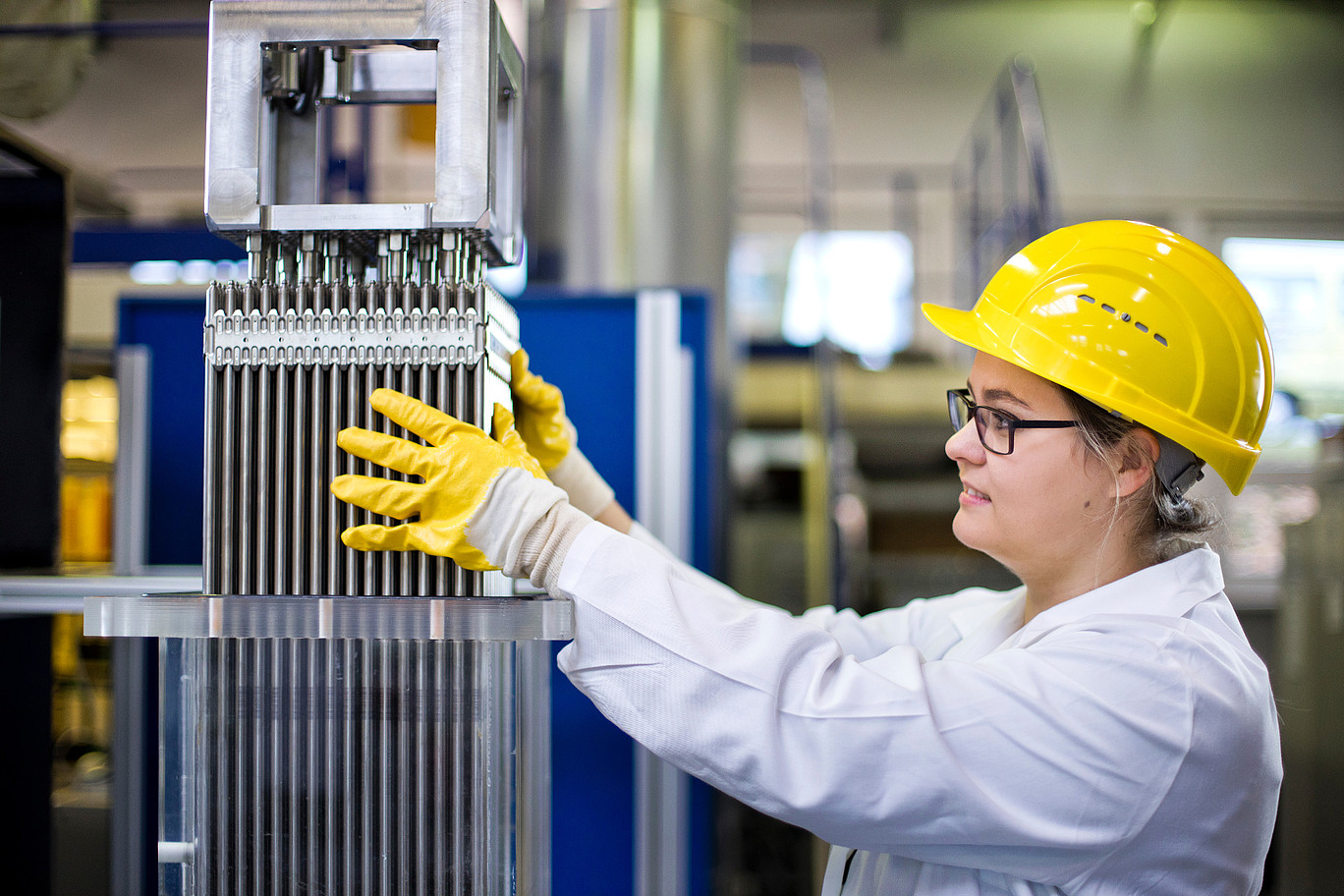
Nuclear power will be still a part of national power production until 2022. Ensuring system and reactor safety for the remaining runtime is one of the key topics of this department.
For more than 15 years, we have been working on nuclear safety research projects that mainly focus on the controllability of loss-of-coolant accidents. Both experimentally and simulatively, we contribute to this in proven cooperation with the Helmholtz Centre Dresden-Rossendorf (HZDR) and the TU Dresden.
Another core theme of the department is Soft Computing. While the Machine Learning branch is experiencing an overwhelming renaissance right now, the department already has longtime and extensive experience, among others with modeling and practical application of artificial neural networks and fuzzy logic.

Nuclear safety research
System and reactor safety
Soft computing, maschine learning
non-linear systems
Control engineering, process control
Image processing
Theoretical and experimental investigation
Simulation systems
